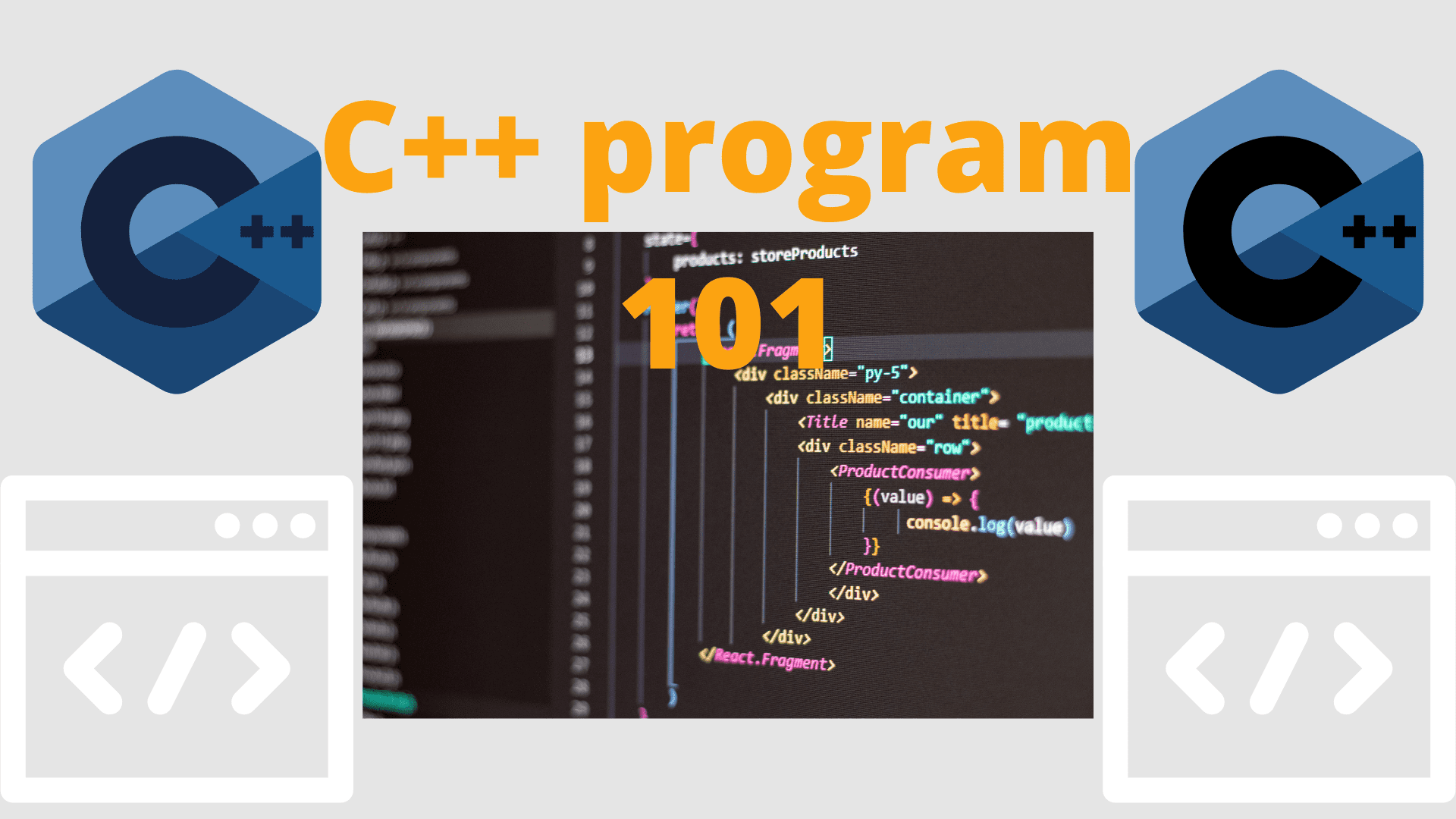Introduction
In this article, we will understand C++ function prototypes in terms of their definition, their uses, and the inclusion of many illustrative examples.
C++ Function Prototypes?
What is C++ Function Prototypes?
A function prototype is a declaration of a function that specifies the type and name of each parameter and the return type.
A function prototype is an alternative to a function definition. It tells the compiler about a function’s name, parameters, and return type without defining it. Therefore, it is used to declare functions in C++.
The Function prototype suits the following intents:
- Describe the return type of the data the function return.
- Precise the number of arguments passed to the function.
- Precise the data types separately from the passed arguments.
- Precise the order of the arguments passed to the function.

C++
C++ function prototype
“The C++ function prototype provides the compiler with what to expect, what to give, and what to expect from the C++ function.”
What is the Purpose of a C++ Function Prototype?
A C++ function prototype is a piece of code that outlines a function’s parameters and return type. It is used to provide information about the function’s “signature.”
The syntax of C++ Function Prototype
A function prototype is a declaration that specifies the name of the function, its parameters, and the types of these parameters.The syntax of the function prototype is:
1
The syntax
void functionName(parameterType param1, parameterType param2);
Parameters are declared inside parentheses. The type of each parameter should be specified after a colon.
When Should I Use a C++ Function Prototype?
A function prototype is a declaration of a function’s name, the data types of its parameters, and the type of its return value.
The purpose of declaring a prototype is so that it can be used in other programs. Function prototypes are not required to use C++, but they are necessary if you want to use the function in another program.
The following rules will help you decide when to use a c++ function prototype:
- You should use a c++ function prototype if you want to call it from another program.
- You should not use c++ function prototypes if you are only going to call the functions from within your program and they do not have parameters or return values that need to be specified.
What Are the Limitations of a C++ Function Prototype?
A C++ function prototype is a declaration of the functions used in the program. The function prototype defines the input and output parameters for a function.
The limitations of using a c++ function prototype include:
- If you change the order of parameters in your definition, you must also change it in your prototype.
- You cannot have more than one return type in a single prototype.
Examples of C++ Functions Prototypes in Practice
Functions prototypes are a great way to organize your code and make it easier to read.A function prototype is a template for the function that you will be making.
It is usually used for functions that take in an input parameter, such as an integer, and returns another integer.
Example1
int func_name();// Function prototypeint func_name(){The statements of the functionreturn 0;}
Example2
int func_name(int x); // Function prototypeint func_name(int x){//The statements of the functionreturn 0;}
Example3
void func_name(int x, int y); // Function prototypeint func_name(int x, int y){The statements of the functionreturn;// optional}
Example4
void say_good_morning();void say_good_morning(){cout<<” Hello”<<endl;}
Example5
The code of the program

#include <iostream>using namespace std;void learn_prototype(); //prototypevoid learn_programming(); //prototypevoid learn_prototype(){cout<<” Learn prototype”<<endl;cout<<” Inside the prototype function”<<endl;}void learn_programming(){cout<<” Learn programming”<<endl;cout<<” Inside the programming function”<<endl;}int main(){learn_prototype(); learn_programming();cout<<” Inside the main function”<<endl;}
The output of the program

Summary of Typical C++ function
Possible components of Typical C++ function
Function definition
A function definition is a syntax for creating functions in C++.The syntax for defining a function in C++ is:
func1() {body of the function;}func2() {body of the function;}
Function Prototypes
The function prototype is a declaration that tells the compiler what value will be passed to the function and what type of value it will return.
void func1();// Function prototypevoid func2();// Function prototype
Function call
A C++ function call is a statement that tells the compiler to call a function. The general syntax for a C++ function call is
func1();func2();
C++ main function
int main(){//statementsreturn 0;}
Summary of Typical C++ function all in one program
The code of the program

#include <iostream>using namespace std;void func1();// Function prototypevoid func2();// Function prototypeint main(){//statementsfunc1();func2();cout<<” Here from main function”<<endl;return 0;}void func1() {//body of the function;cout<<” Here from func1″<<endl;}void func2() {//body of the function;cout<<” Here from func1″<<endl;
The output of the program

Conclusion

Functions prototypes are extremely useful because they allow you to organize your code and make it easier to read.
They also help to debug because if there is a problem with the function, you will know what parameters were given to find the problem.
